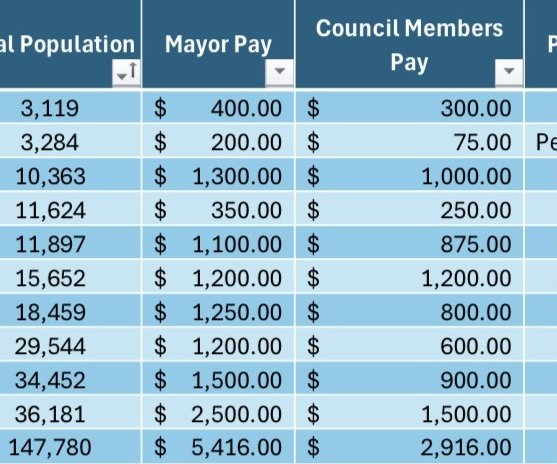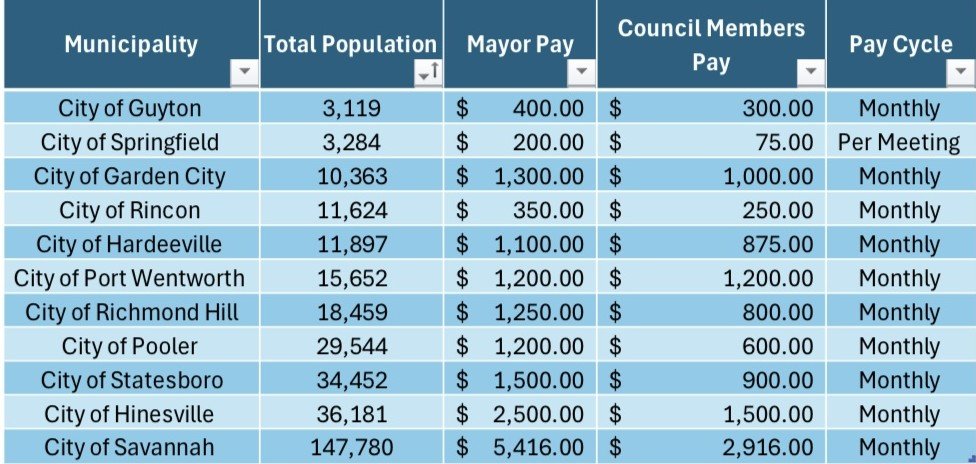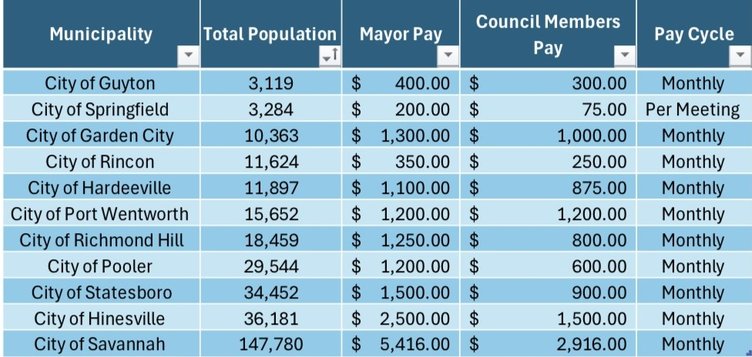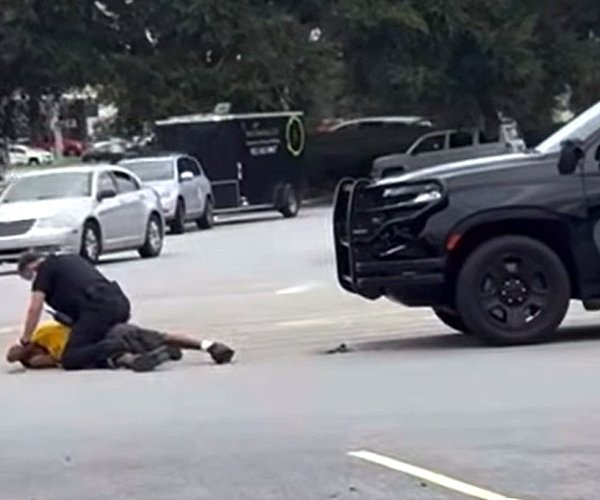RINCON — An ongoing assessment by new Chief Mark Gerbino indicates that the Rincon Police Department has quite a ways to go before it reaches the bar necessary to achieve certification by leading police organizations.
Chief concerns revealed
Gerbino cites Rincon Police Department deficiencies in report








